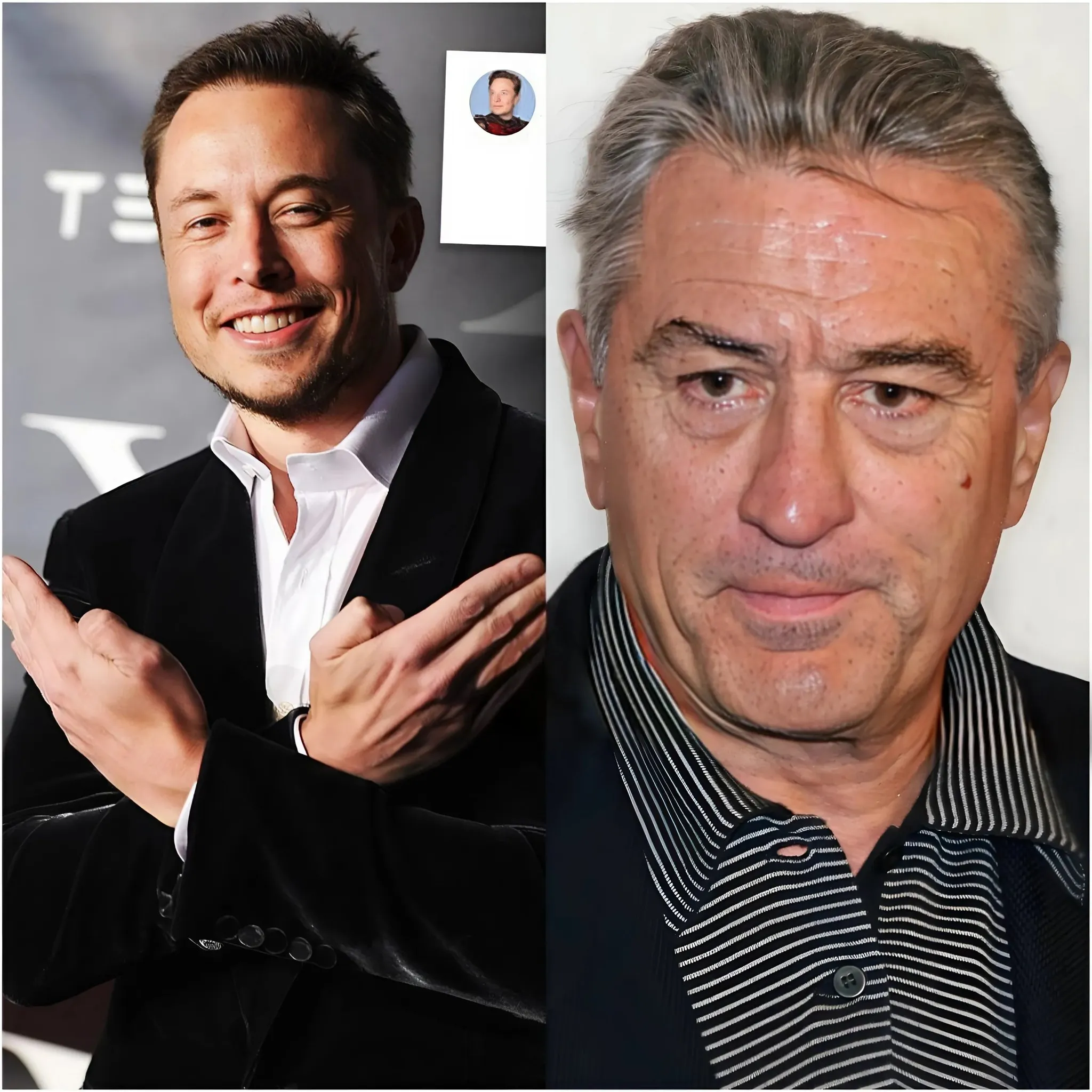
Elon Musk has once again ignited widespread debate, this time over comments regarding the integrity and future of women’s sports. The tech billionaire and CEO of Tesla and SpaceX shared his views on social media, questioning the fairness of certain policies that allow transgender athletes to compete in women’s sports categories. His remarks immediately garnered both fervent support and intense backlash, polarizing public opinion across various platforms.
Musk, known for his outspoken nature, argued that maintaining fairness in sports should be a priority. He suggested that biological differences between athletes assigned male at birth and those assigned female at birth could lead to unequal competition in women’s sports. According to Musk, overlooking these differences undermines the efforts and achievements of female athletes who have trained rigorously to excel in their disciplines. His posts included calls for open discussion and potential reform to address what he described as "unfair dynamics" in certain sporting events.
Supporters of Musk’s stance quickly rallied, applauding him for raising a topic many consider controversial yet crucial. They praised his willingness to discuss a sensitive issue, emphasizing the importance of creating a level playing field for female athletes. Many of his followers shared personal stories and data they believed supported his perspective. Some cited examples of instances where female athletes had reportedly lost opportunities due to what they viewed as unfair competition.
However, Musk’s comments also drew sharp criticism, particularly from LGBTQ+ advocacy groups and progressive voices. Critics accused him of promoting divisive rhetoric and failing to consider the broader context of inclusion and diversity in sports. Many argued that his statements risked alienating transgender athletes and perpetuating harmful stereotypes about their participation in competitive events. Some pointed out that his remarks lacked nuance and dismissed the significant challenges transgender athletes already face.

The controversy extends beyond Musk’s individual statements, touching on broader societal debates about inclusion, fairness, and representation. The discussion highlights the complex nature of balancing these values in sports. Advocacy groups on both sides have cited research to support their arguments, creating a highly charged atmosphere of disagreement. Proponents of inclusion argue that sports should welcome athletes of all identities, emphasizing the importance of acceptance and representation in fostering unity. They believe that policies allowing transgender athletes to compete in their identified categories reflect progress and respect for human rights.
On the other hand, opponents of these policies stress the need for fairness and biological parity, particularly in elite competitions. They argue that physical advantages conferred by puberty and hormonal differences cannot be entirely mitigated, even with medical interventions like hormone therapy. These voices call for solutions that prioritize fair competition without excluding or discriminating against any group. Some suggest separate categories or divisions, while others propose performance-based evaluations as an alternative to traditional gender-based classifications.
Amid the firestorm of reactions, several sports organizations and governing bodies have weighed in on the issue. Some have reaffirmed their commitment to inclusivity, outlining detailed policies to ensure that transgender athletes can compete fairly. Others have acknowledged the complexities Musk highlighted, suggesting that further research and dialogue are necessary to develop equitable solutions. The International Olympic Committee (IOC), for example, has updated its guidelines to encourage a balance between inclusion and fairness, though these guidelines continue to spark debate.
Musk’s comments have also reignited discussions about the role of influential figures in shaping public discourse. As one of the most prominent voices in tech and business, Musk’s opinions often carry significant weight, reaching millions of people worldwide. Critics argue that his statements can oversimplify complex issues, leading to polarization and misinformation. Supporters counter that his willingness to address controversial topics fosters valuable dialogue and encourages people to think critically about challenging subjects.
This latest debate reflects broader cultural and political divides that have become increasingly pronounced in recent years. Issues of gender, identity, and fairness are deeply personal for many, making consensus difficult to achieve. Musk’s involvement has amplified these tensions, drawing attention to the importance of thoughtful and evidence-based policymaking in sports. It has also underscored the need for respectful dialogue, even when opinions diverge sharply.

Whether Musk’s remarks will lead to meaningful change or simply fan the flames of an already heated debate remains uncertain. What is clear, however, is that the discussion around women’s sports and inclusion is far from over. As athletes, organizations, and the public grapple with these complex questions, the need for balanced solutions that respect the rights and aspirations of all individuals becomes ever more urgent. Musk’s comments have, if nothing else, brought renewed focus to an issue that continues to challenge traditional norms and values.
The world of sports, much like society at large, is navigating uncharted territory in its efforts to adapt to evolving understandings of gender and identity. Musk’s involvement, polarizing as it may be, has added a powerful voice to the ongoing debate. Whether his position will lead to tangible reforms or remain a point of contention is a question that only time can answer.



